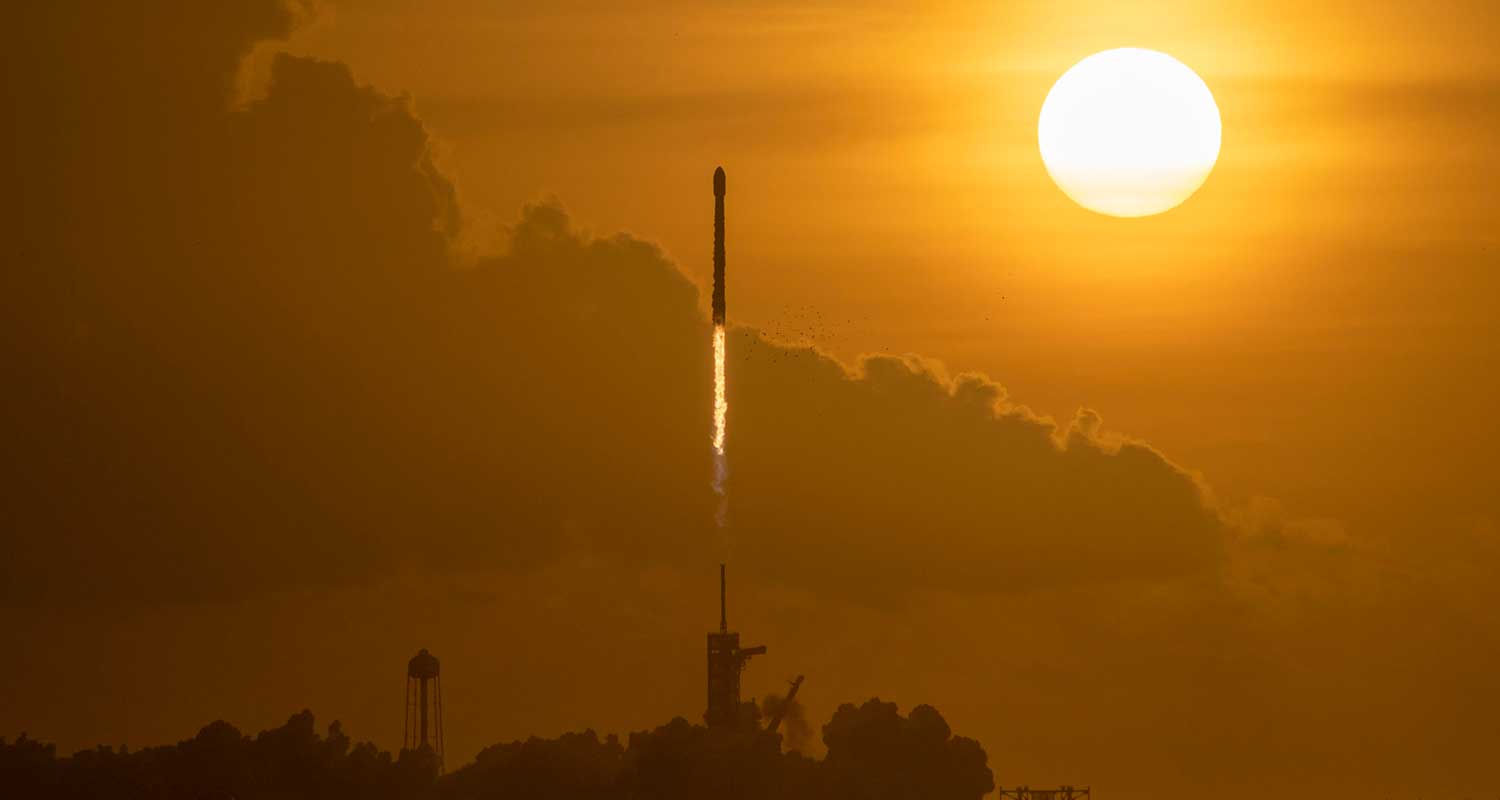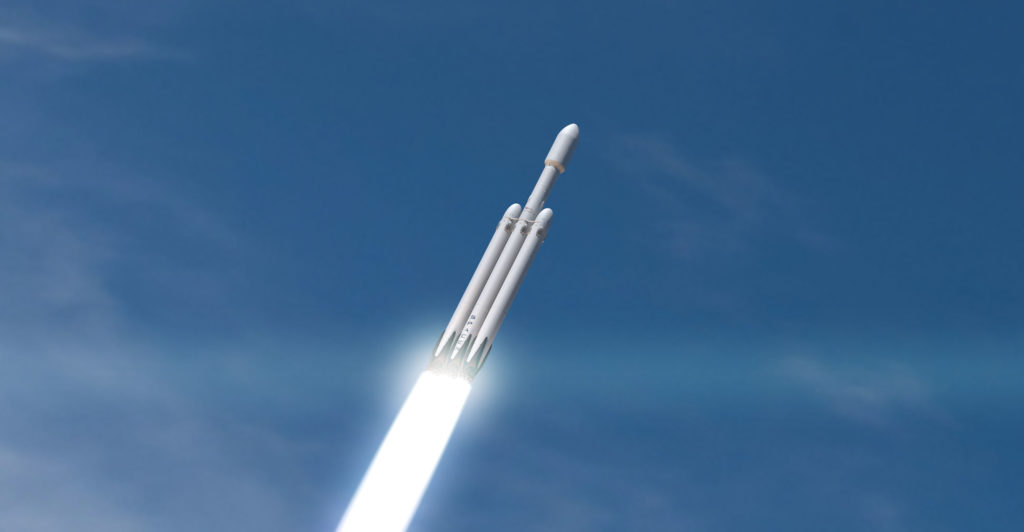
SpaceX suffered a rare failure of its Falcon 9 rocket in space this week, marking the first major in-flight mishap in hundreds of launches of the workhorse vehicle.
The uncrewed rocket was carrying 20 of SpaceX’s Starlink internet satellites, including 13 with the company’s new “direct to cell” capabilities that allow connection to unmodified smartphones. The satellites were still deployed but into the wrong orbit, SpaceX said Friday in a post on X.
CEO Elon Musk said on the social media platform that the engine on the upper portion of the Falcon 9 failed for unknown reasons when it tried to reignite in orbit. Livestream video of the routine launch showed chunks of icy material forming on the rocket and breaking away while in space.
The company said it was able to make contact with five of the satellites and is trying to raise them using the spacecraft’s ion thruster engines, before they’re pulled down and burn up in the atmosphere. Musk joked that “unlike a Star Trek episode, this will probably not work, but it’s worth a shot”.
The last major in-flight failure of a Falcon 9 rocket happened in 2015, when a vehicle carrying cargo to the International Space Station for Nasa disintegrated on the climb to space. In 2016, a SpaceX Falcon 9 rocket also exploded during a fuelling test on the launchpad before taking flight.
Near-perfect record
Despite these early incidents, SpaceX has maintained a near-perfect track record of successful Falcon 9 rocket launches for the last decade, save for some landings that missed their marks. The company boasted 96 successful Falcon 9 and Falcon Heavy launches in 2023. This flight was SpaceX’s 70th launch of its Falcon family of rockets for 2024.
The company aims to launch up to 148 flights this year, and at the end of July, SpaceX intends to launch a crew of four private astronauts — including billionaire Jared Isaacman — on a mission to perform the first commercial spacewalk with SpaceX’s new spacesuits. — Loren Grush, (c) 2024 Bloomberg LP




